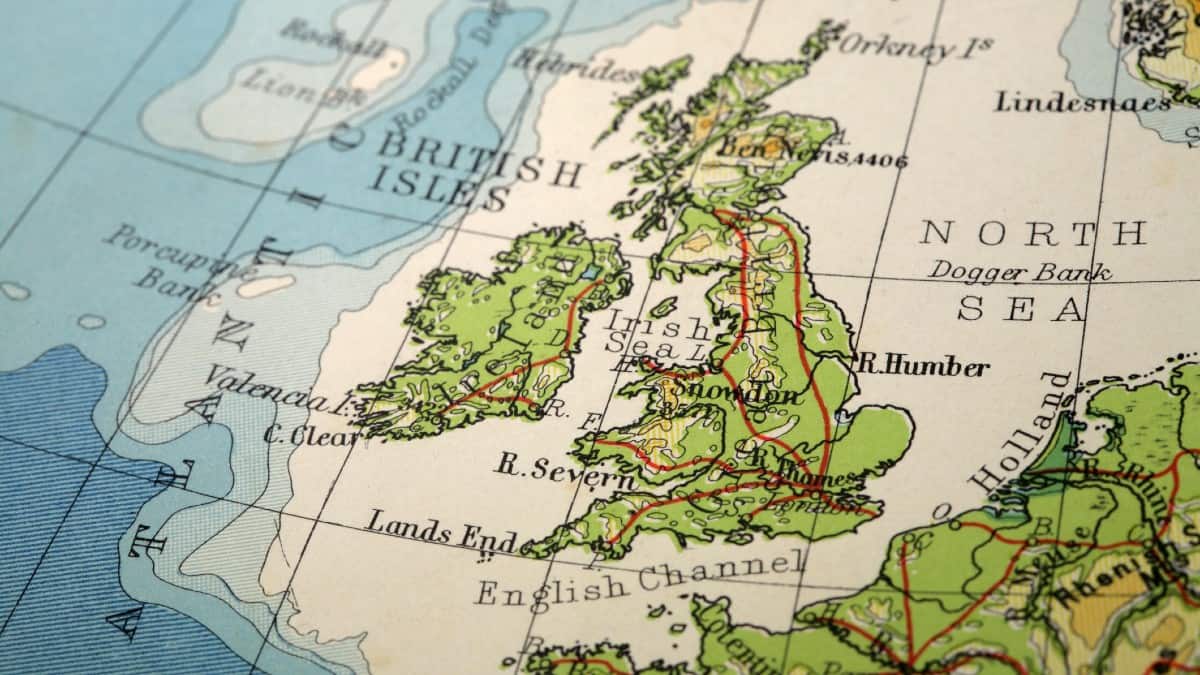The share price of Babcock International (LSE: BAB) is flat over the last year. At first glance, this is surprising given that most other defence stocks have performed strongly following Russia’s invasion of Ukraine. So, is this FTSE 250 stock good value today? Let’s take a look.
Poor performance
Babcock shares have been in the doldrums for a long time now. The stock is down 61.5% over five years. That negative return doesn’t include the dividend, which was cancelled over three years ago.
Meanwhile, BAE Systems stock has rallied 53.25% over the same period, without factoring in its growing and reliable dividend.
So what’s going on here?
Well, the compound annual growth rate (CAGR) of Babcock’s net profit over five years is -12%. By contrast, BAE’s is a very healthy 14%.
This marked difference in profitability almost certainly explains the divergent shareholder returns.
Potential frigate losses
The company operates four business segments: marine, land, aviation and nuclear. These divisions do both civil and defence work, but well over half of revenues are defence-related. Its Aviation division, for example, has worked with the Royal Air Force for over a century.
Sales come from Australasia, South Africa, France and Canada, but its core market is the UK. And in 2019, it won a contract to build five frigates for the Ministry of Defence (MoD). The agreement was to make the vessels at an average production cost of £250m per ship, the first of which (HMS Venturer) is due to be delivered in December.
However, surging costs for steel and energy mean the company may lose between £50m and £100m on the contract. A dispute resolution process has begun with the MoD, but if no agreement is reached soon then Babcock will have to book the loss to cover the remainder of the contract.
All five warships are still on track to be delivered to the Royal Navy by 2028. But the fact that the overall deal could be loss-making is concerning.
Not all doom and gloom
World defence spending reached an all-time high of $2.2trn last year, according to Stockholm International Peace Research Institute. And it’s no secret that geopolitical tensions remain high, both in Europe and across Asia. So military budgets could rise even higher.
This bodes well for Babcock, the second-largest contractor to the MoD. And the firm carries out 100% of deep maintenance for the UK’s nuclear-powered submarine fleet. So this remains an important company to the country’s national security.
Further, its Nuclear division specialises in the building and decommissioning of civil nuclear projects. This seems a great industry to be in over the long term, as the UK’s use of nuclear energy will surely increase if net zero is ever to be achieved.
My move now
The stock is very cheap. It has a forward price-to-earnings (P/E) ratio of 9.5. That’s less than the average P/E of both the defence industry and the FTSE 250.
Plus, the company’s net debt has been reduced substantially in recent times due to the disposal of assets. And the dividend is due to be reinstated next year.
All this leads me to believe this stock may be significantly undervalued.
As such, I’m going to put it on my watchlist while I dig a bit deeper into its prospects.







